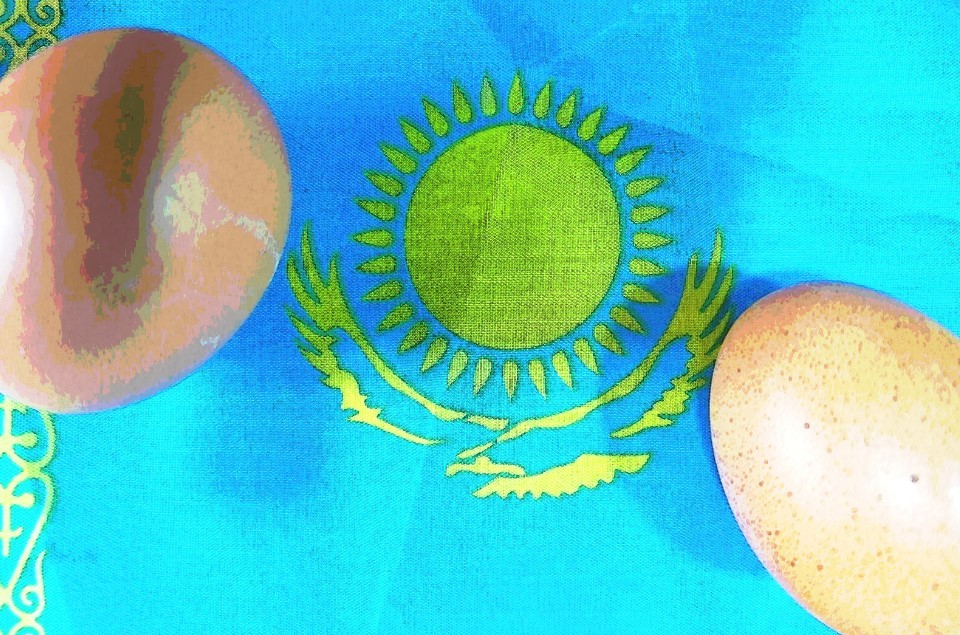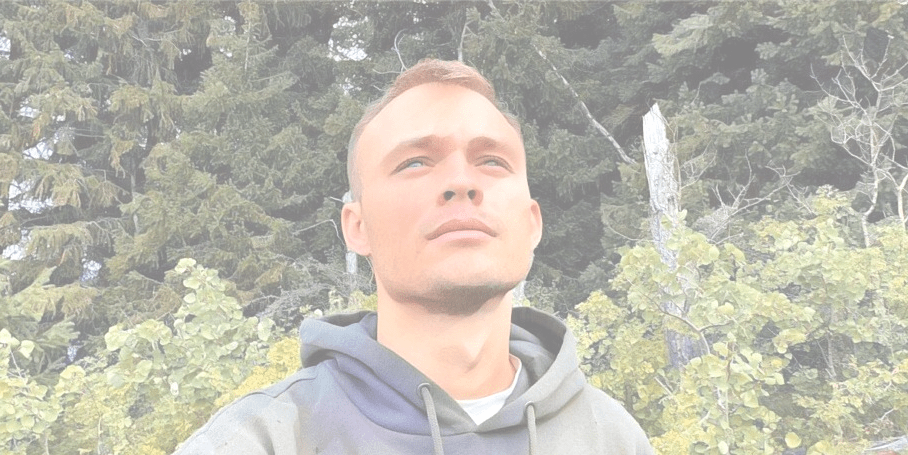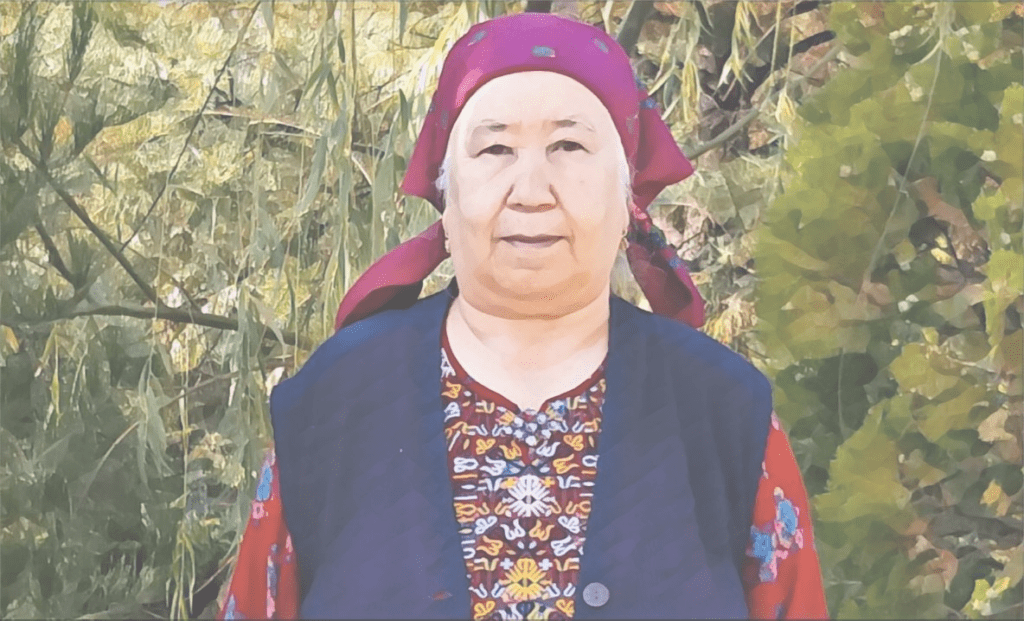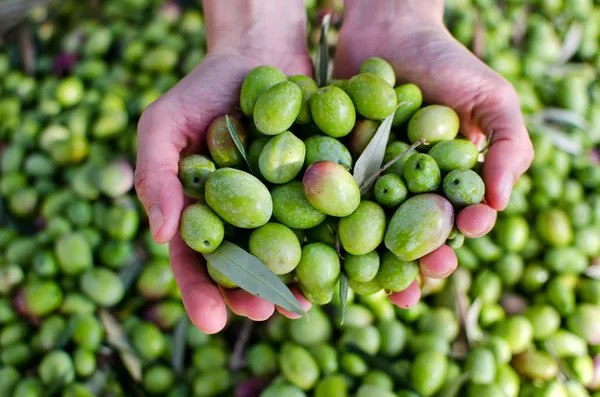Kazakhstan Imposes Temporary Ban on Chicken Egg Imports
Starting April 9, Kazakhstan will impose a six-month ban on the import of fresh chicken eggs, aimed at supporting local poultry farms during a seasonally weak demand period. The measure, signed into effect by Minister of Agriculture Aidarbek Saparov, is outlined in Order No. 101 and targets eggs classified under code TN VED 040721. The ban applies to imports from both non-EAEU countries and fellow Eurasian Economic Union member states and covers all transportation modes. However, transit shipments through Kazakhstan and the movement of eggs between EAEU countries via Kazakh territory are exempt. Why the Ban Was Imposed The Ministry of Agriculture said the decision is intended to support local producers during spring and summer, when demand for eggs traditionally falls. With a seasonal influx of fresh produce and a larger share of household-produced goods on the market, egg prices often dip below cost, putting poultry farms under financial strain. Additionally, warmer temperatures shorten product shelf life and make it technologically difficult for producers to scale down operations. This often leads to warehouse overstocking. To counter these issues, the Interdepartmental Commission on Foreign Trade Policy approved the temporary import restrictions. “In order to protect the domestic market and the sustainability of enterprises, the Interdepartmental Commission on Foreign Trade Policy approved the establishment of temporary restrictive measures,” the ministry said. Advance Planning and Strategic Goals Discussions around restricting egg imports began in February 2025 as part of a broader government initiative to support domestic producers and combat gray imports. Officials expect the ban to help stabilize domestic prices, which surged nearly 12% year-on-year as of October 2024 due to seasonal fluctuations. Prices typically fall in summer but rise again in autumn to offset earlier losses. In a bid to strengthen long-term food security, construction of a new egg and mixed fodder production plant will begin in Turkestan region in 2024. Once operational, the facility is expected to produce around 200 million eggs annually. Authorities Confident in Domestic Supply Despite the potential for price hikes, Minister of Trade and Integration Arman Shakkaliev assured the public there will be no shortage of eggs or poultry products. According to the ministry, domestic producers are capable of fully meeting the country’s summer demand. The government sees the temporary import ban as a strategic tool to stabilize the agro-industrial sector, shield local producers from unfair competition, and promote self-sufficiency in food production.
3 weeks ago






